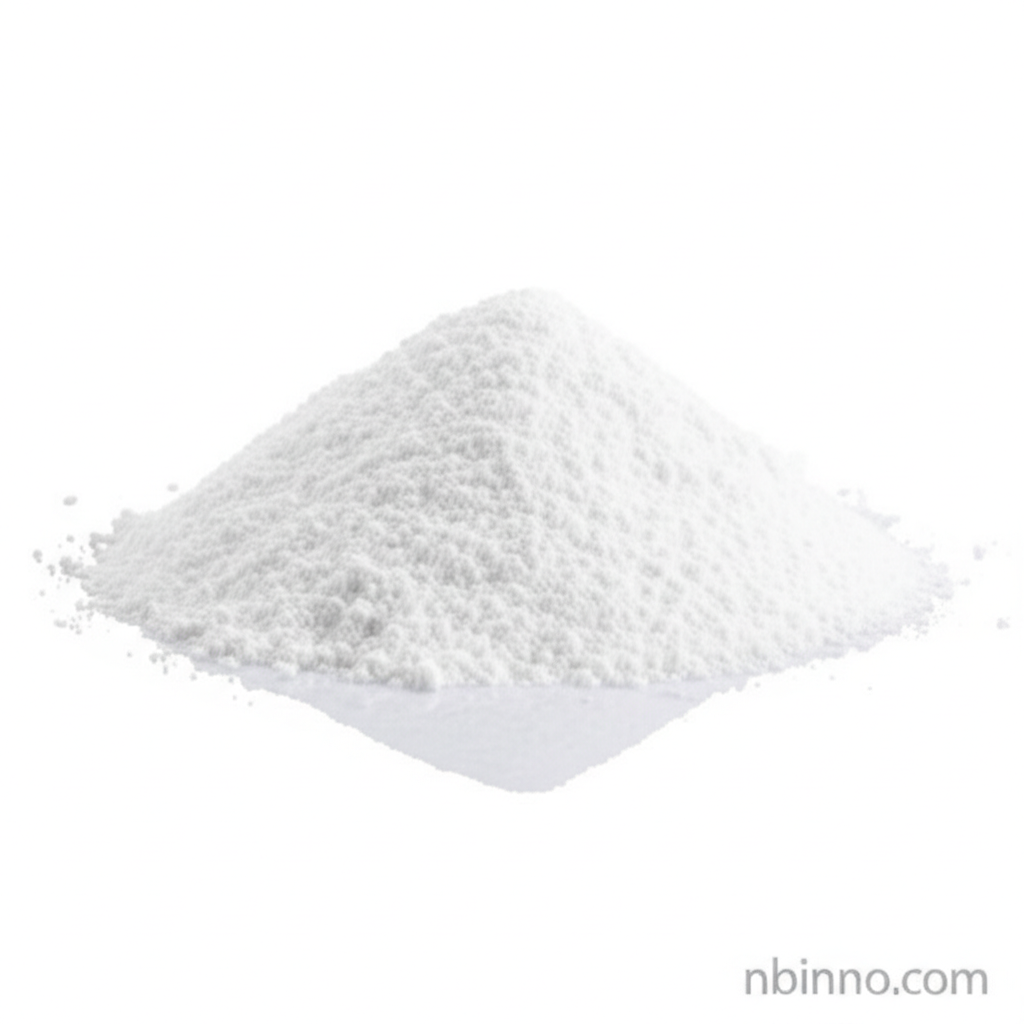Discovery of Potent and Selective 7-Ethyl-10-hydroxycamptothecin-Glucose Conjugates for Colorectal Cancer Treatment
Novel SN38-glucose conjugates offer enhanced efficacy and targeted delivery for colorectal cancer therapy.
Get a Quote & SampleProduct Core Value

7-Ethylcamptothecin-glucose conjugates
These innovative conjugates leverage the Warburg effect, targeting cancer cells overexpressing glucose transporters to deliver the potent cytotoxic agent SN38. This approach aims to improve water solubility, stability, and crucially, the selectivity towards tumor tissues, thereby minimizing systemic toxicity and enhancing therapeutic outcomes for colorectal cancer.
- Targeted cancer therapies utilize the overexpression of glucose transporters in cancer cells for selective drug delivery.
- Discover novel SN38 glucose conjugates targeting cancer cells for improved treatment efficacy.
- Explore anticancer agents for CRC treatment designed with advanced drug delivery systems.
- Understand the mechanisms behind glucose transporter targeted drug delivery in oncology.
Key Advantages
Enhanced Potency
These novel anticancer agents for CRC treatment demonstrate significantly higher potency compared to existing therapies, offering a more effective approach to combating cancer.
Improved Selectivity
The conjugates exhibit improved selectivity, ensuring better delivery to tumor sites and minimizing damage to healthy tissues, a key aspect of selective chemotherapy for colorectal cancer.
Reduced Side Effects
By targeting cancer cells specifically, these compounds are expected to lead to fewer adverse effects, improving patient tolerance and quality of life during treatment.
Key Applications
Colorectal Cancer Therapy
Specifically designed for efficacy against colorectal cancer, these conjugates represent a new frontier in novel anticancer compound synthesis.
Targeted Drug Delivery
The application of glucose transporter targeted drug delivery principles opens avenues for treating various cancers with overexpressed glucose transporters.
Pharmaceutical Research
These compounds serve as valuable tools in pharmaceutical research, aiding the understanding of cancer metabolism and drug resistance mechanisms.
Oncology Drug Development
As promising candidates for preclinical oncology drug development, they offer a potential new treatment option for patients with limited therapeutic choices.
